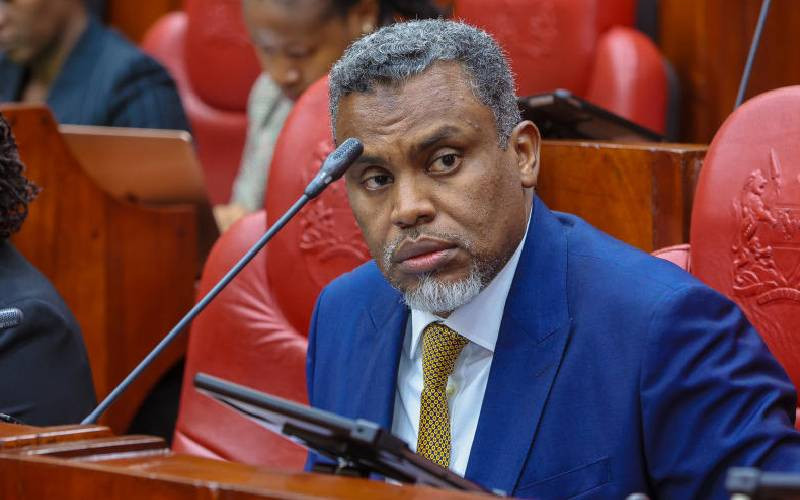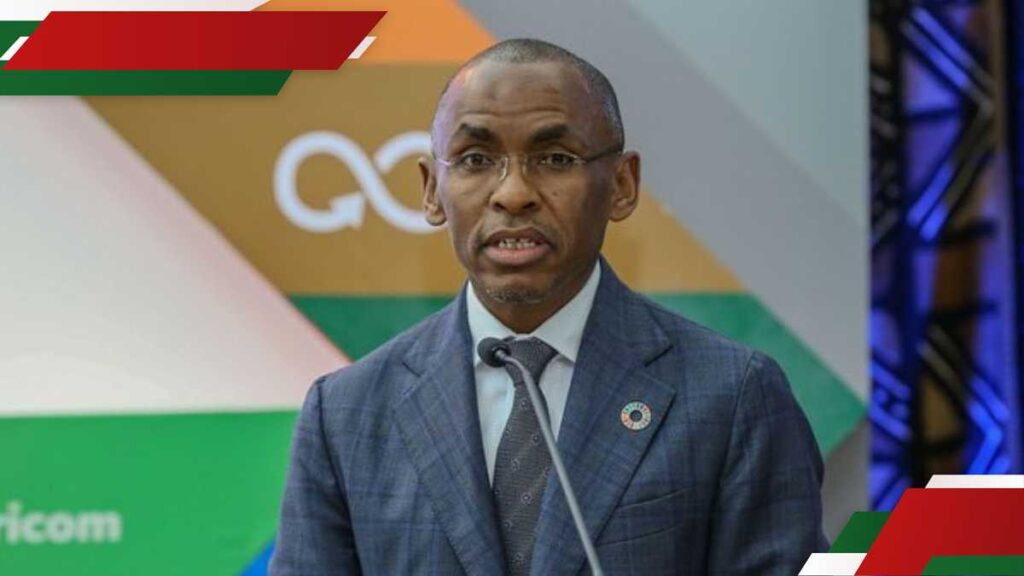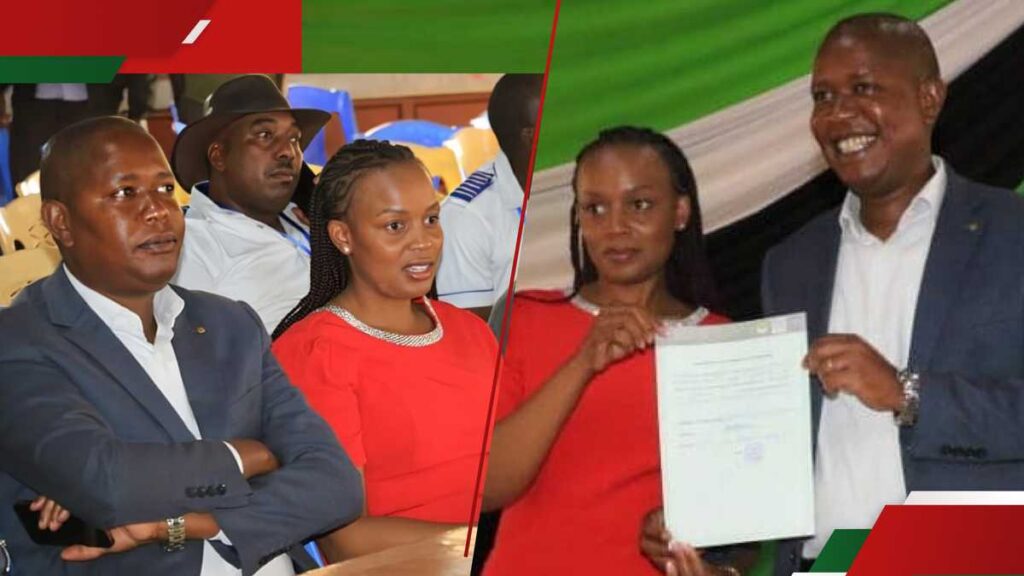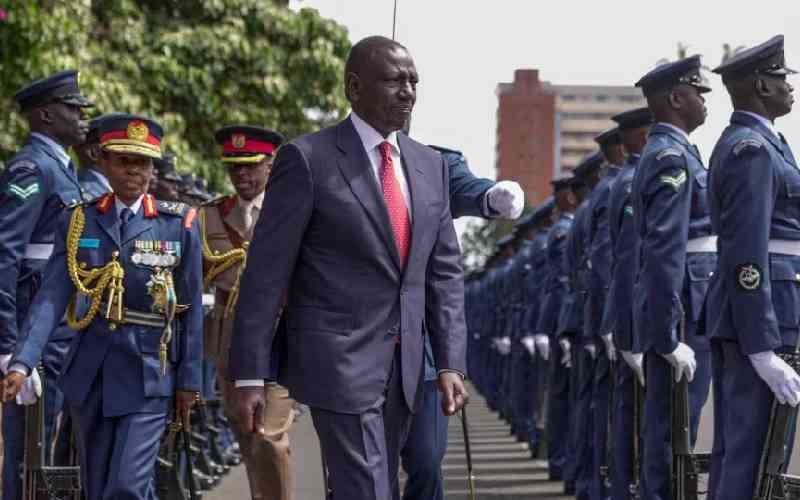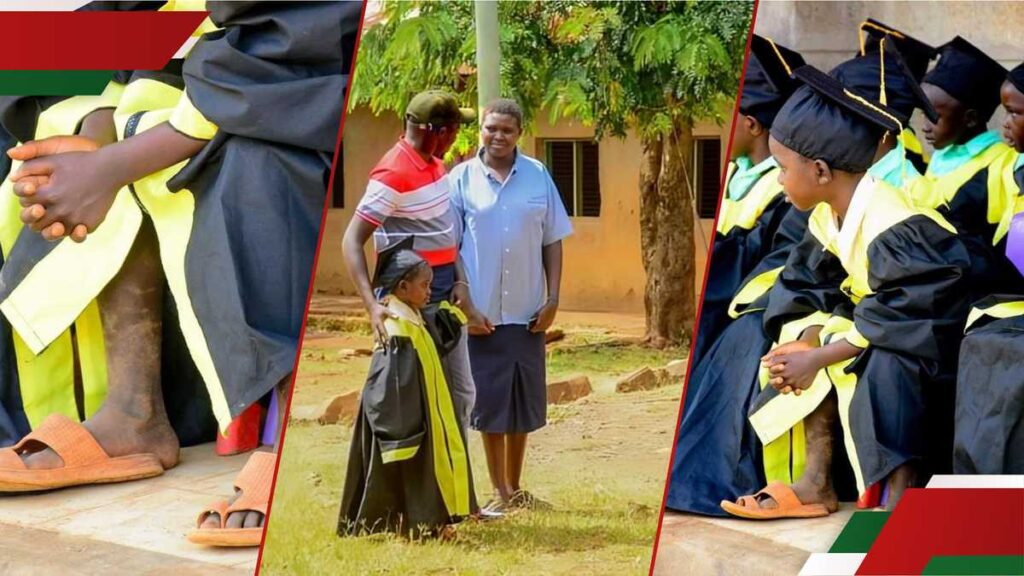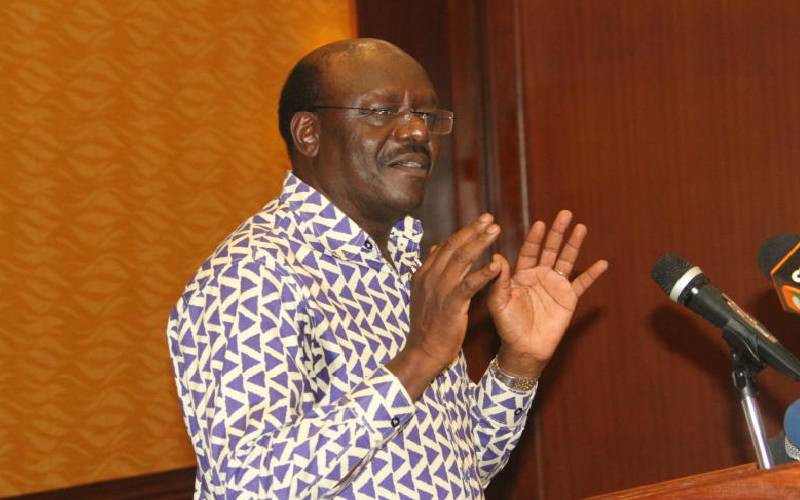Amid growing concerns that Kenya’s intelligence agency is overstepping its mandate, calls for the establishment of the Intelligence Service Complaints Board (ISCB) have become louder.
Although efforts have been made to operationalise the Board, there is a perception that the government is not committed to creating this oversight body that would hold the National Intelligence Service (NIS) accountable.
Under Section 66 of the National Service Act, the five-member Board is to be headed by an individual who qualifies to be a judge of the High Court. The remaining four members should include a person nominated by the Kenya National Commission on Human Rights, an advocate with at least seven years of experience, a retired senior intelligence officer, and a person with no less than seven years of public service experience.
The primary function of the Board would be to receive and investigate complaints against the NIS, made by any individual aggrieved by actions taken by the Director-General or any member of the agency in the exercise of their powers or the performance of their duties.
The Board would have the powers of the High Court when summoning witnesses, administering oaths or affirmations, and ordering the production of records or documents relevant to its investigations.
“If, during the inquiry, the Board finds evidence of a breach of duty or misconduct by any member of the Service, it shall notify the Cabinet Secretary and the Council, or the Director-General, as the case may be, and, subject to the provisions of this Act, recommend appropriate disciplinary action,” states Section 67(6) of the Act.
In recent years, three attempts have been made to operationalise the Board, with the latest effort coming in December 2024 when the Public Service Commission announced vacancies and invited applications. Since then, little progress has been reported.
When Noordin Haji was vetted for the position of Director-General to succeed Philip Kameru in May 2023, he pledged to ensure the operationalisation of the Board.
“I will ensure that NIS observes the Constitution and the rule of law. This Board will be one way of dealing with complaints against officers,” Haji told the National Assembly’s Defence, Intelligence, and Foreign Relations Committee.
Though Parliament exercises oversight over the NIS under Article 238(2) of the Constitution, calls for more stringent scrutiny of the agency have grown, driven by concerns over the secrecy of its operations.
Suba Churchill, the Executive Director of the Kenya National Civil Society Centre, argued that the NIS can no longer operate in secrecy.
“It is important that we have civilian oversight, and the NIS should embrace the idea, as our Constitution demands that all security agencies be accountable,” Suba stated.
He expressed concern that the current nature of the agency makes it difficult to determine whether its officers are operating within their mandate. “There have been concerns that some NIS officers, along with shadowy figures from the DCI, could be behind abductions following the anti-government protests,” Suba added.
In January 2020, High Court judge Reuben Nyakundi ordered the State to appoint five members to sit on the Intelligence Service Complaints Board within 180 days. However, almost 12 years after the National Intelligence Service Act of 2012 was enacted, the Board is yet to be established.
Stay informed. Subscribe to our newsletter
“It cannot be said that a delay of six years since the commencement of the NISA is not inordinate,” judge Nyakundi argued.
Successive governments have ignored the need for a civilian oversight mechanism since 1998, when such a provision was included under Section 25 of the 1998 National Security Intelligence Service Act.
The NIS is tasked with providing security intelligence and counterintelligence to enhance national security. Its officers gather, analyse, and share intelligence with other relevant State agencies, while also identifying potential threats to national security and safeguarding the nation’s interests both within and outside Kenya.
Following youth protests last year, the agency was accused of orchestrating abductions of demonstrators, including the son of then-Attorney General Justin Muturi. Muturi, who has since left government, claimed his son was released after he contacted President William Ruto.
“I heard the President ask Noordin Haji if he was holding my son. Noordin confirmed that, indeed, he was. The President instructed him to release Leslie immediately. Noordin responded that Leslie would be released within an hour. Slightly over an hour later, Leslie called me to say he had been released and was at home,” Muturi recounted.
Two weeks ago, a senator accused the government of deliberately stalling the establishment of the Board. Kirinyaga Senator James Murago raised the issue in the Senate, claiming the Ministry of Interior was frustrating efforts to establish the Board.
“The NIS is not above the law and should be held accountable for its actions. If people have complaints, such as abductions, where are they supposed to take them if the Board is not in place?” Murago questioned.








